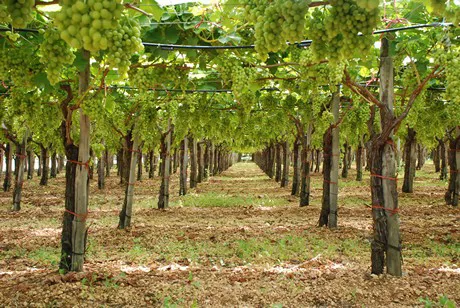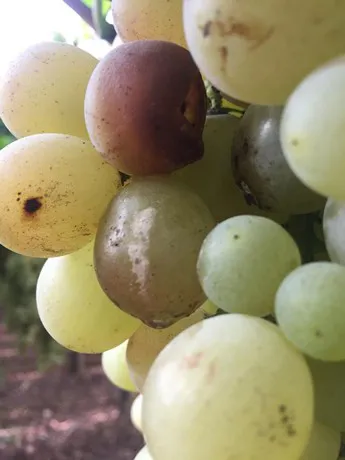"The table grape campaign was characterized by generally low prices, unusual weather conditions and substandard product quality," explains Vittorio Fili, president of Associazione Regionale Pugliese dei Tecnici e Ricercatori in Agricoltura (ARPTRA).

"The weather affected the cost of harvesting operations, so sales prices remained unvaried. Many producers had to deal with rot and therefore clean and sort bunches to bring high-quality produce to the tables."
"Climate change is a problem for all crops and will be the source of more trouble. Excessive cold/heat, frequent rain/hailstorms or drought are extreme factors that are now recurrent. Despite the covers, long-cycle grapes will face physiological and phytosanitary problems (rot) difficult to control."

"Technicians working in the Bari, BAT (Barletta-Andria-Trani) and Taranto provinces - where crops cover around 35,000 hectares - manage to employ sustainable defense strategies therefore complying with the regulations of Regione Puglia. Grapes from Puglia are usually excellent, tasty, with the right sugar/acidity balance and few residues. At the moment, we are not so much worried about phytosanitary management but rather about physiological management when faced with unforeseen events."
"Table grape consumption should be supported by supermarkets with better displays and packaging, not providing information that are too general (white/red grapes). Consumers are confused when dealing with information that demean all the work we do in the fields. Consumer trends are currently leaning towards medium-small bunches."
For further information:
Associazione Regionale Pugliese dei Tecnici e Ricercatori in Agricoltura
Email: arptra.puglia@libero.it
Website: arptra.it
